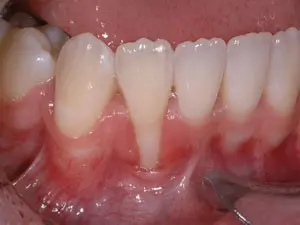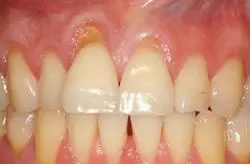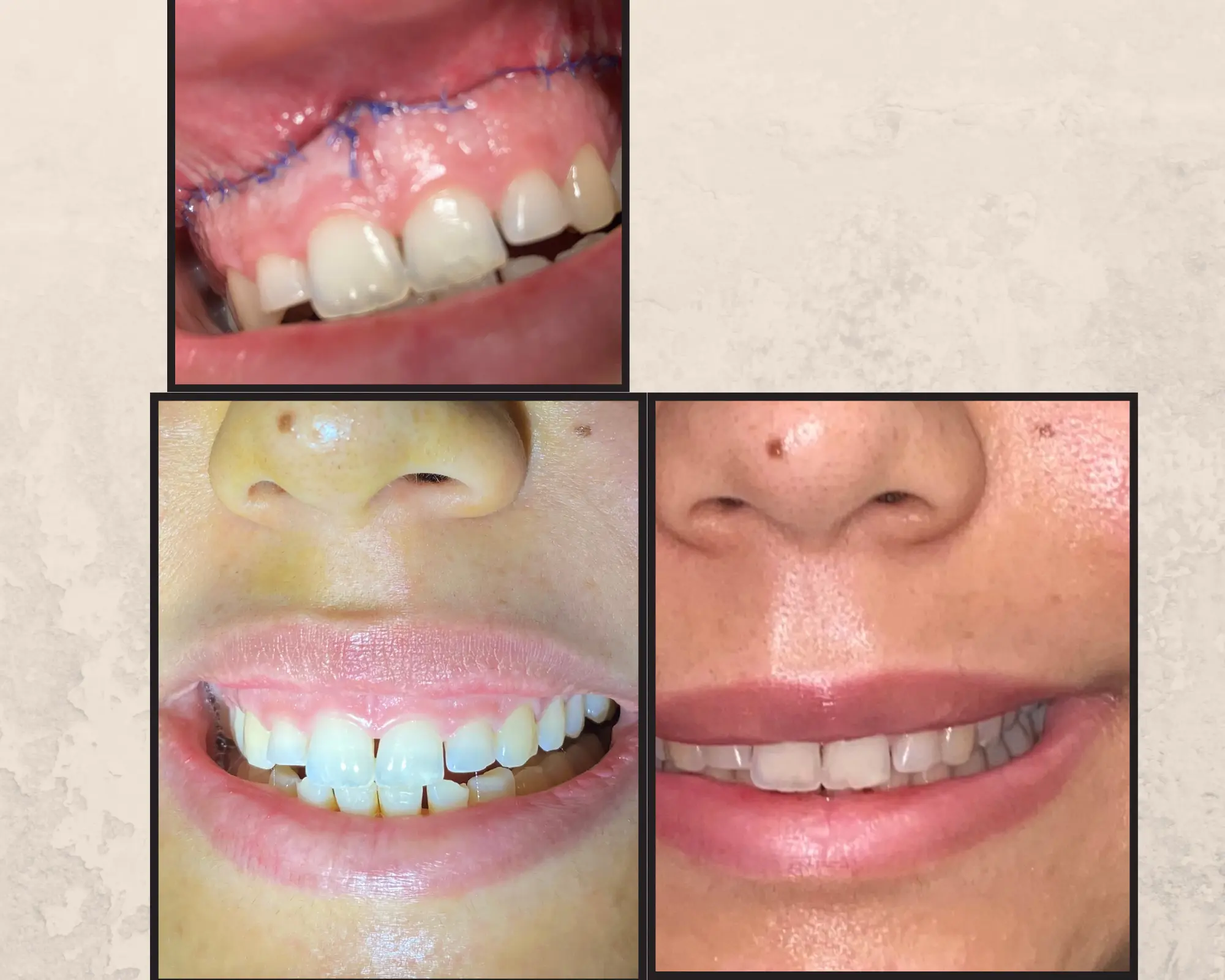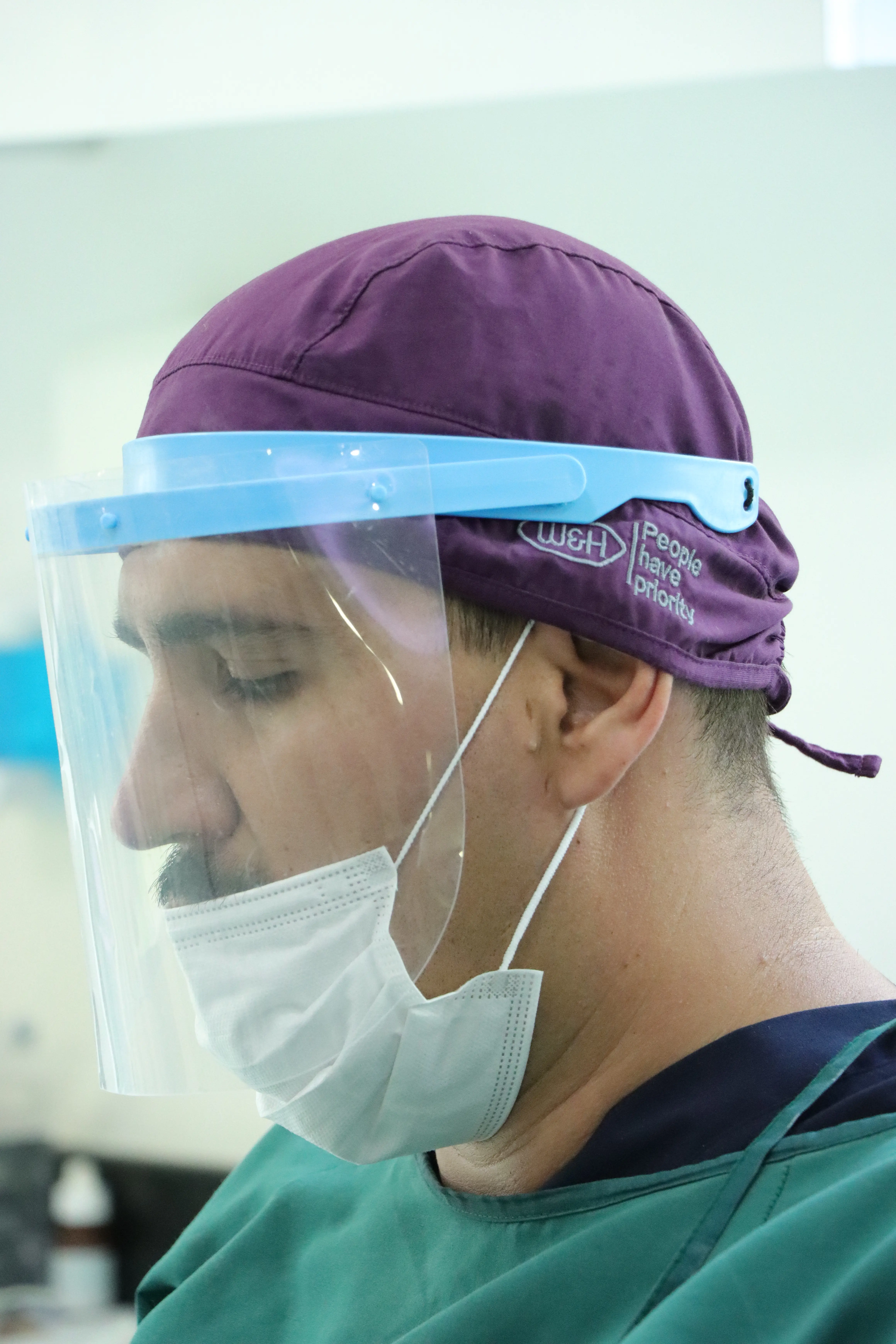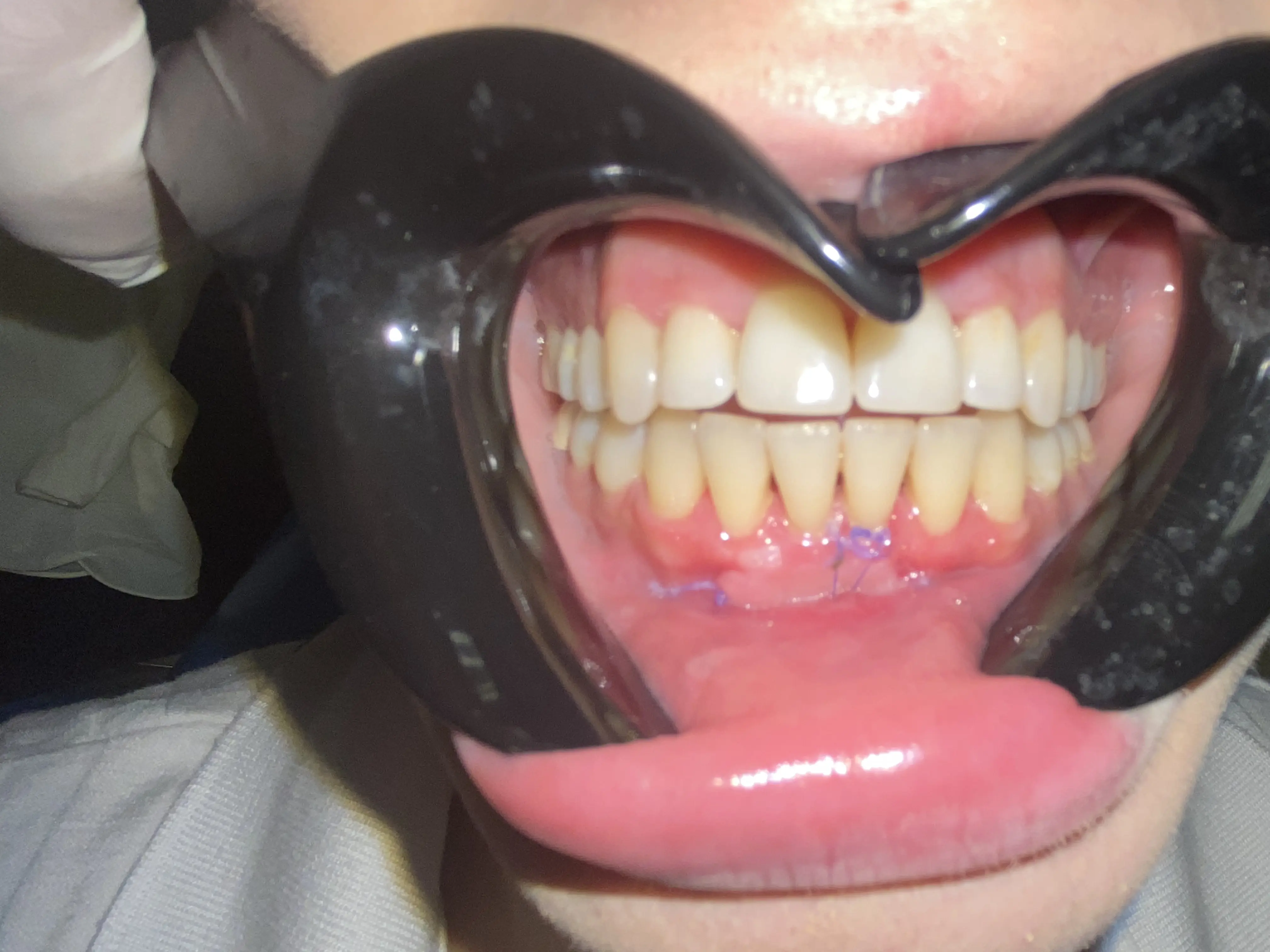Periodontology
Periodontology focuses on the prevention, diagnosis, and treatment of diseases affecting the gums and supporting structures of the teeth. Specialists in this field are experts in treating periodontal disease and in the placement, maintenance, and repair of dental implants.
Treatment Modalities
Periodontal treatments range from non-surgical therapies like scaling and root planing (deep cleaning) to surgical procedures designed to regenerate lost bone and tissue supporting the teeth. Advanced cases may require surgical intervention to restore periodontal health.
Benefits of Periodontal Treatment
- Helps prevent tooth loss by addressing the underlying causes of gum disease.
- Improves overall oral health and reduces the risk of complications from chronic infections and inflammation.
- Enhances the aesthetic appearance of the mouth and smile by managing gum recession and other defects.
Frequently Asked Questions
- What are the signs of periodontal disease?
- Common signs include red, swollen, or bleeding gums, persistent bad breath, loose teeth, and painful chewing.
- How often should someone with periodontal disease see a periodontist?
- Patients with active periodontal disease typically require more frequent monitoring and treatment, which may be as often as every three to four months.
